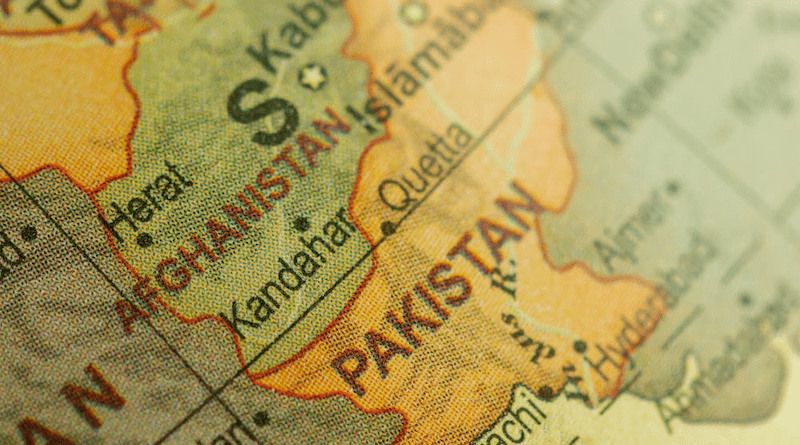Madrassa Reforms In Pakistan: Challenges, Opposition And The Path Forward – OpEd
Madrassa, or Islamic Seminaries, reforms in Pakistan date back to the 1970s but gained momentum after the 9/11 attacks, as international scrutiny increased over the potential role of madrassas in fostering extremism. During the Zia-ul-Haq era, the emphasis on Islamization led to increased madrassa proliferation, often funded by foreign sources. The Musharraf government launched registration and curriculum reform initiatives under international pressure but faced resistance from madrassa boards. Following the Peshawar school attack in 2014, madrassa regulation became a national priority, with efforts to streamline registration and monitor funding under the National Action Plan (NAP).
Madrassas have been a cornerstone of religious education in Pakistan for decades. They play a significant role in educating millions of students, particularly from underprivileged backgrounds. However, their governance and integration into the mainstream education system have remained contentious topics. Successive governments have attempted madrassa reforms to modernize their curricula and regulate their operations, but these efforts have faced significant resistance. In recent years, the issue of madrassa registration has gained renewed attention amid political and security concerns.
Madrassa reforms are essential for multiple reasons. Modernizing madrassas ensures that students receive a balanced education, encompassing both religious and secular subjects. Some madrassas have been accused of fostering radical ideologies, and reforms aim to curb extremist influences by promoting moderate and inclusive teachings. These reforms also help bridge the gap between madrassa-educated students and those from mainstream educational institutions, reducing societal disparities.
Madrassa registration is a critical component of reform efforts but remains fraught with challenges. Religious organizations often perceive registration as a threat to their autonomy and view reforms as an attempt to secularize religious education. Political parties and leaders are often reluctant to confront religious groups due to their significant voter base, and religious organizations wield considerable influence, complicating the enforcement of registration policies. In addition, the lack of a unified regulatory framework has led to fragmented oversight, with inadequate coordination between federal and provincial governments. Many madrassas operate on foreign donations, which are difficult to track. Registration aims to ensure financial transparency, but this has been met with resistance.
The political landscape in Pakistan heavily influences madrassa registration and reforms. The 18th Amendment has created ambiguity regarding whether madrassa regulation falls under federal or provincial authority. Politicians often avoid stringent measures against madrassas to maintain support from religious constituencies. Global financial bodies like the Financial Action Task Force (FATF) have urged Pakistan to monitor madrassa funding, adding urgency to registration efforts. Allegations of madrassas being linked to militancy have amplified calls for stricter oversight, but implementation remains inconsistent.
As of today, a significant development in this ongoing debate is the opposition from Maulana Fazl ur Rehman, a prominent religious and political leader (JUI-F). Fazl ur Rehman has raised concerns over the proposed Madrasah Registration Bill, arguing that it infringes on the autonomy of religious institutions and undermines their traditional role. He has hinted at launching an anti-government movement in response to these perceived threats to madrassa independence.
Fazl ur Rehman’s stance highlights the sensitive nature of madrassa reforms and the challenges the government faces in balancing reform initiatives with political stability. His opposition also reflects broader concerns within the religious community about the intentions and implications of such reforms.
The challenges to madrassa reforms include resistance from religious groups, a lack of political will, and inadequate infrastructure for monitoring and enforcement. There is also ambiguity in regulatory roles between federal and provincial governments. To overcome these challenges, the government must engage religious leaders and madrassa boards in dialogue to address their concerns. Providing technical and financial support to madrassas for modern curriculum development and teacher training is essential. A clear, transparent regulatory framework should be established with input from all stakeholders. In the same way, educating the public on the benefits of madrassa reforms can help garner broader support.
Madrassa reforms and registration are crucial for Pakistan’s educational, social, and security landscapes. While challenges persist, a collaborative and transparent approach can pave the way for meaningful progress. The government must balance the need for modernization with respect for religious traditions, ensuring that reforms are inclusive and sustainable.

